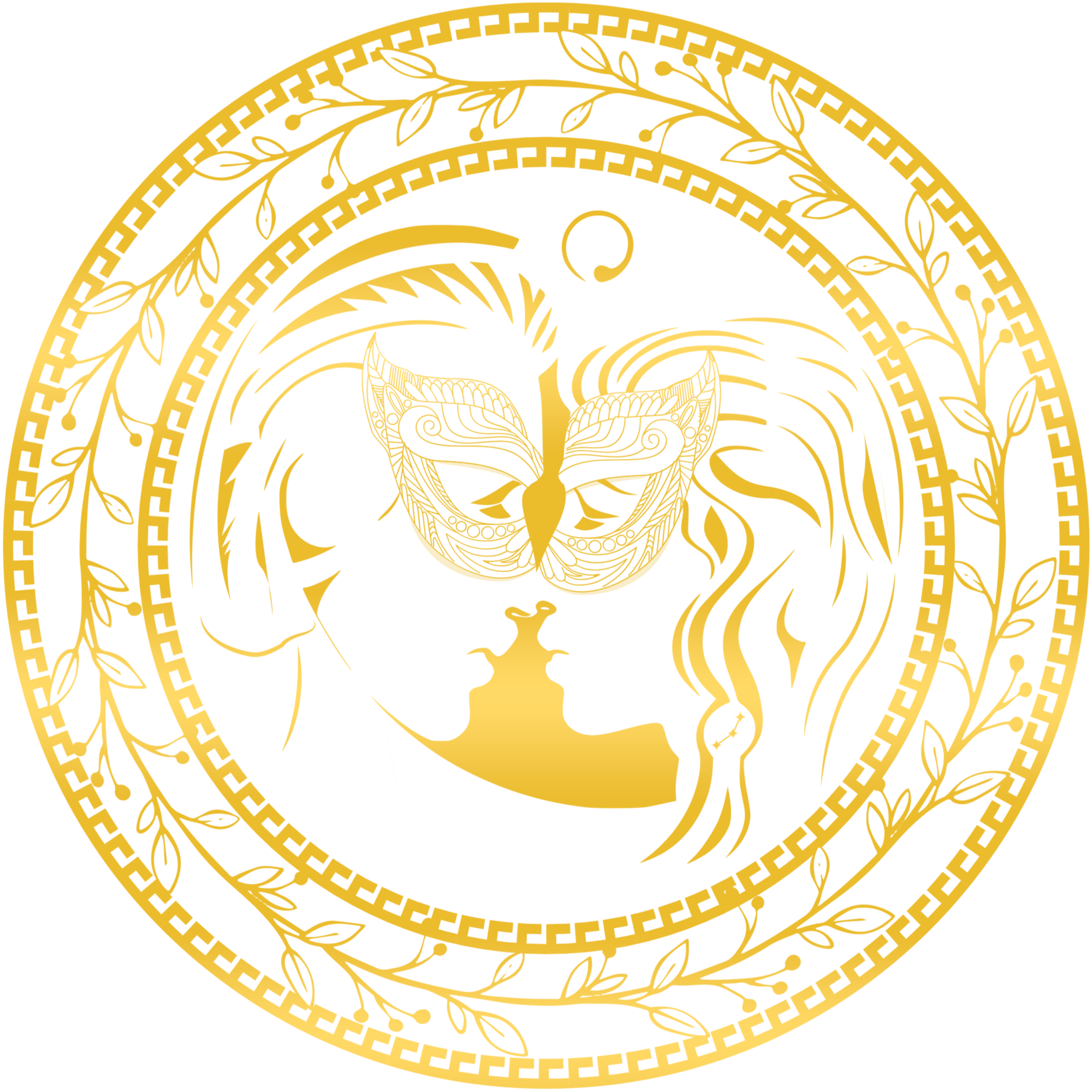
What to do with hibiscus flowers
Share
Hibiscus flowers are not just a beautiful sight in your garden; they're a versatile plant that can be used in a variety of ways. From skin care to herbal teas, the uses of hibiscus flowers are plentiful. If you're curious about how you can incorporate this vibrant bloom into your daily routine, here are some great ideas to get you started.
Herbal Tea for Health
The most common use for hibiscus flowers is to brew a refreshing tea. Hibiscus tea is known for its tart flavor and deep red color. It's not only delicious but also packed with antioxidants, which can help fight free radicals and reduce inflammation. Drinking hibiscus tea regularly is believed to help lower blood pressure, support liver health, and even aid in weight loss.
To make hibiscus tea, simply steep dried hibiscus flowers in boiling water for five to ten minutes. You can adjust the strength of the tea by adding more or fewer flowers. For a sweeter taste, add honey or sugar as desired.
Skin Care Wonders
by GLOBENCER (https://unsplash.com/@globencer)
Hibiscus is often referred to as the 'Botox' plant because of its firming and lifting effects on the skin. Rich in natural alpha-hydroxy acids (AHAs) and antioxidants, hibiscus can help to purify your skin by breaking down dead skin and increasing cell turnover. It can also help to control acne breakouts.
You can create a natural face mask by mixing powdered hibiscus with rose water or plain yogurt to form a paste. Apply the paste to your face, leave it on for 20 minutes, and then rinse off with lukewarm water.
Enhanced Hair Care
Not just for your skin, hibiscus flowers can also do wonders for your hair. They are rich in amino acids that nourish your hair, strengthen your roots, and keep your locks lustrous and healthy. Hibiscus can also help with dandruff and itchy scalp.
Create a hibiscus-infused oil by soaking the petals in a carrier oil like coconut or almond oil for a few weeks. Use this oil as a pre-shampoo treatment or a leave-in conditioner to promote healthy hair growth and prevent premature graying.
Culinary Uses
Beyond tea and beauty, hibiscus flowers can be used in various culinary applications. They can be candied for a sweet treat or used as a tangy garnish for salads and desserts. Hibiscus is also a popular addition to cocktails, imparting a unique flavor and vibrant color.
Crafting Homemade Products
by Joia de Jong (https://unsplash.com/@joyground)
For those who enjoy DIY projects, hibiscus flowers can be used to make homemade soaps, lotions, and even perfumes. The natural properties of the flower make it an excellent ingredient for creating skincare products that soothe and rejuvenate the skin.
In conclusion, hibiscus flowers are more than just a pretty face in the garden. Their wide range of uses in skin care, hair care, and as a healthful herbal tea make them a valuable addition to your natural living arsenal. Whether you're sipping on a cup of tart hibiscus tea or pampering your skin with a homemade mask, the benefits of this versatile flower are sure to impress.


